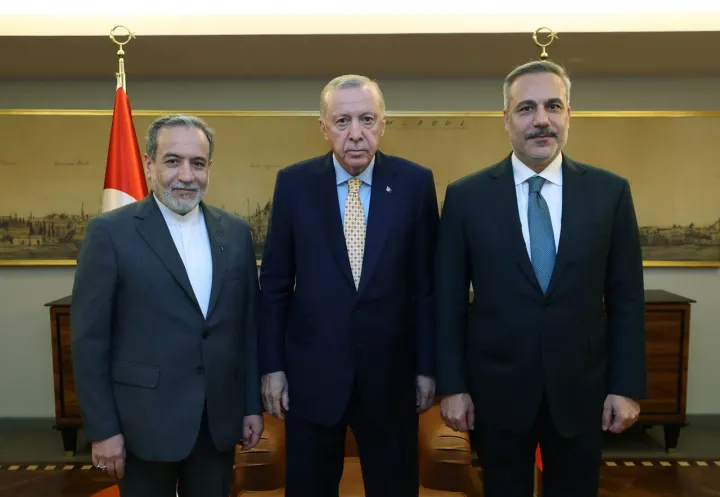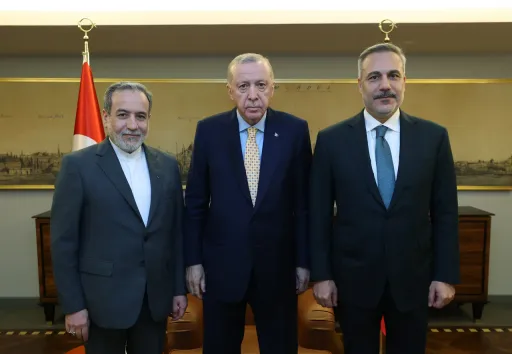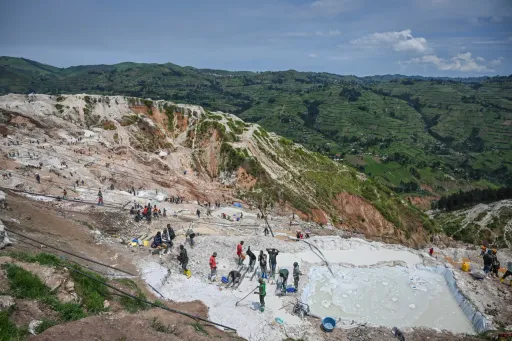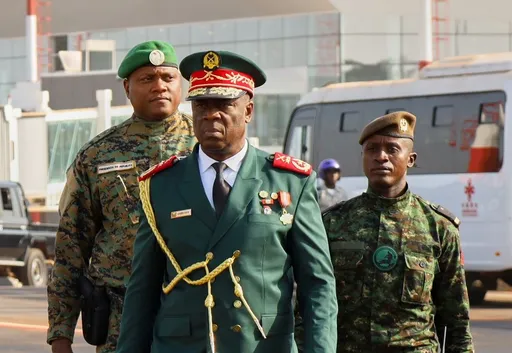By Emmanuel Onyango and Susan Mwongeli
The days of France's dominance in its former African colonies appear to be clearly over, as Paris is increasingly rejected in the region.
In a matter of months, an anti-French wave in West and Central Africa has seen France's once-trusted economic and military allies turn their backs against it. The latest are Senegal and Chad, who tore up security partnerships with Paris last week.
The bitterness with France has also been publicly demonstrated in scenes across major cities in the region, where crowds of protesters have waved banners emblazoned with the now-familiar rallying call of "France dégage" (France get out).
In Niger, days after the military took over last year, a hostile crowd stormed the French embassy in the capital, Niamey, and demanded that its staff leave the country. It marked a point of no return in the divorce.
Colonial influence
Experts say France's refusal in recent decades to let go of its colonial influence in the so-called Françafrique – a term that has since become pejorative – has been largely to blame.
For instance, the CFA franc, a currency used by 14 African countries, is still printed in France. Until recently, over 6,000 French troops were spread across Africa with the African countries hoping they would help in fighting terrorist groups. However, they say the French troops have failed to convincingly assist them.
Furthermore, France's oversized economic influence, especially in mineral extraction, and perceived undue access to political leaders have led to widespread blame for local economic challenges.
"(The anti-France wave) has been guided in many ways by history and experience. The ties became less and less appealing, especially in the context of very uneven power dynamics, which made it difficult for African countries to aspire to have more sovereignty and self-determination in a manner in which they wanted to be in control of their developmental and security agenda," Tighisti Amare, Deputy Director of African Programme at Chatham House, told TRT Afrika.
Ending partnerships
Chad last week joined other Sahel countries, including Niger and Mali, in ending security and defence partnerships with their former colonial ruler. The Chadian foreign ministry said it was time for the country to "assert its full sovereignty and redefine its strategic partnerships according to national priorities."
Senegal followed suit a day later, with President Bassirou Diomaye Faye asking France to close its military bases in his country.
"Senegal is an independent country, it is a sovereign country, and sovereignty does not accept the presence of military bases in a sovereign country," he said at his presidential palace.
France's waning footprint in the region is being replaced by other powers like Türkiye, which offer diversity in relations with African nations.
"Türkiye has very quickly since 2009 become a significant actor in Africa. The approach it has taken has been quite refreshing," said Amare.
"It started with a strong diplomatic approach, which resulted in almost quadrupling the number of diplomatic missions in Africa, followed by high-level visits, and then it all came together in 2011, when it basically put Somalia back on the map after decades of isolation due to insecurity in the country."
Mutual benefit
The approach has been to make decisions based on mutual benefit in the fields of security, trade and infrastructure.
"African countries are looking for multiple global powers of different sizes to work with. They do not want to be pigeonholed in a single relation or in a small circle of relations. They are looking to diversify as a means of getting different things from these relationships," Amare observed.
"In the case of Türkiye, there is an opportunity for scaling the transfer of technology, focusing on the long-term aspect of development – whether it's scaling technology transfer and know-how in terms of increasing the size of their manufacturing industry, as well as industrialisation, which is a key priority for African countries."
It has led to Türkiye's trade volume with African nations increasing eightfold over recent years, surpassing £40 billion, according to figures by the Anadolu news agency.
➤Click here to follow our WhatsApp channel for more stories.






















